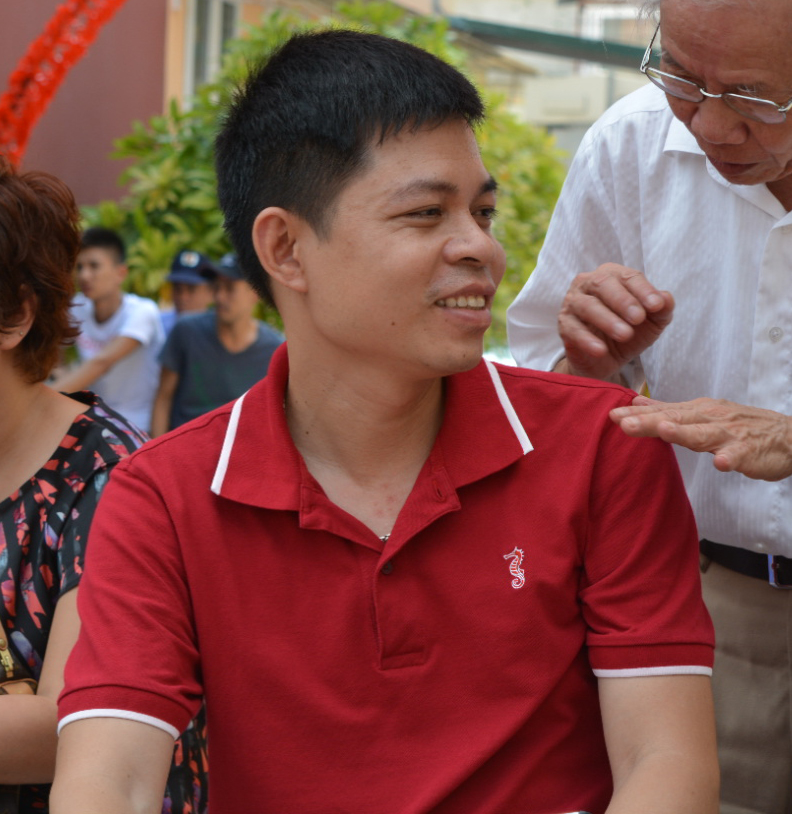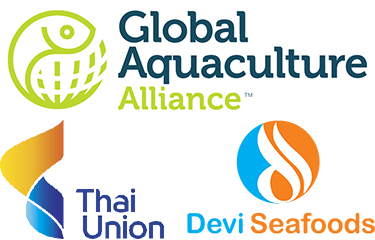The Global Aquaculture Alliance’s (GAA) Best Aquaculture Practices (BAP) certification program is collaborating with seafood companies Thai Union and Devi Seafoods – along with traceability firms Wholechain and Legit Fish – to promote traceability in supply chains.
Their partnership is developing real-time digital solutions that will facilitate direct transfer of data from BAP-certified facilities to BAP’s internal data systems to support tracing of products in companies’ supply chains. This integration program is expected to meet traceability data requirements from seafood companies, the marketplace, regulators, and BAP itself, BAP said in a statement.
“Real-time, digital traceability opens a new world that the retailer and consumer can easily enter – via a QR code – to view the full provenance and sustainability of seafood products. This will begin with basic information, but it will lead to opportunities to tell the full story of responsible production processes in ways that haven’t previously been possible,” GAA President George Chamberlain said.
Thai Union-owned Chicken of the Sea has already applied the integration in its frozen shrimp cargoes from India, following the launch of the beta version of the integration with Wholechain in December 2020.
“We see interoperability and connecting related data systems as the future of how traceability will work, particularly in the food industry. It is good for business, good for certification and good for consumers,” Wholechain Director of Technology Operations Annie Opel said in the statement.
During 2020, Legit Fish also partnered with India’s leading shrimp supplier Devi Seafoods and Indian aquaculture technology company Eruvaka Technologies in the joint effort. Eruvaka has provided the initiative with its appetite-based feeding and water-quality monitoring equipment, which will help facilitate operation of sensors, mobile connectivity, and decision tools, as well as assist the automatic collection of key traceability data.
BAP said technology-driven traceability is becoming more and more important for the seafood industry, as consumers and retailers have grown more concerned about the transparency of products sold in the market. U.S. regulations are also demanding more traceability - under Rule 204 of the U.S. Food and Drug Administration’s Food Safety Modernization Act, seafood companies will be required to provide capture traceability records to trace the products even back to the farm or boat they originally come from.







